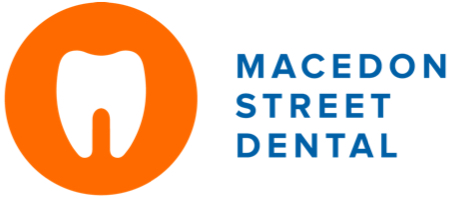Uncategorized
Pregnancy and Dental Issues
Pregnancy can lead to dental problems in some women, including gum disease and increased risk of tooth decay.
Read MoreTips To Care For Teeth
Teeth are important for eating, speaking and socialising, so it’s important to take good care of them.
Read More
